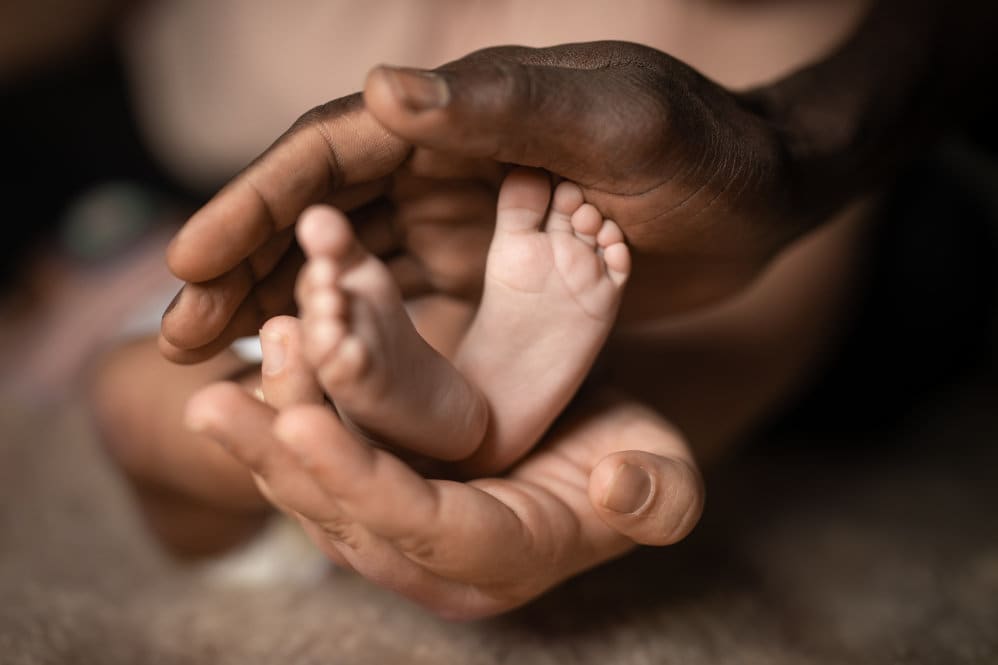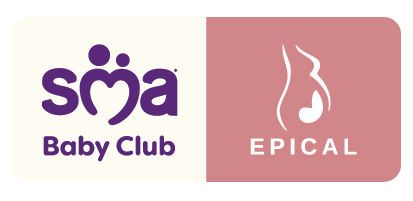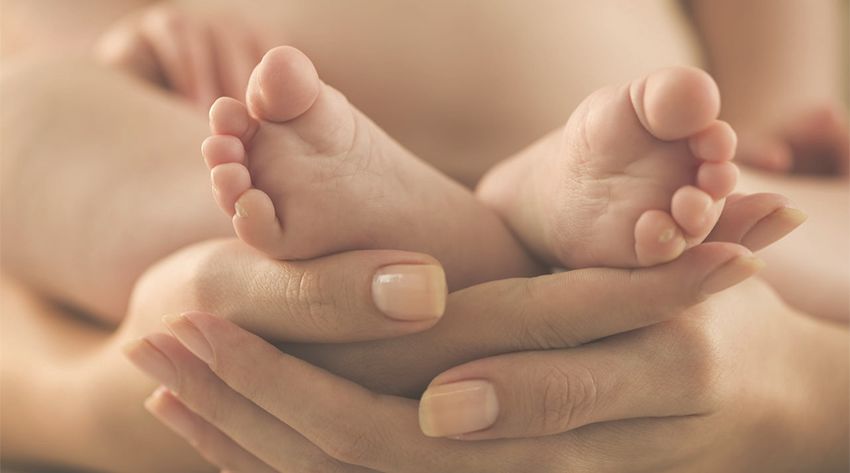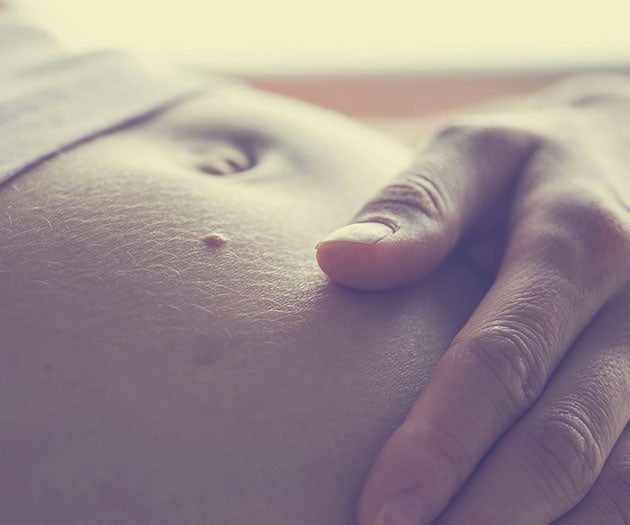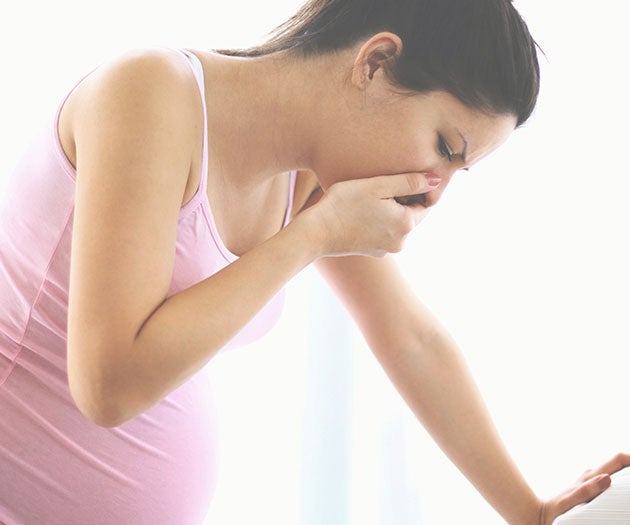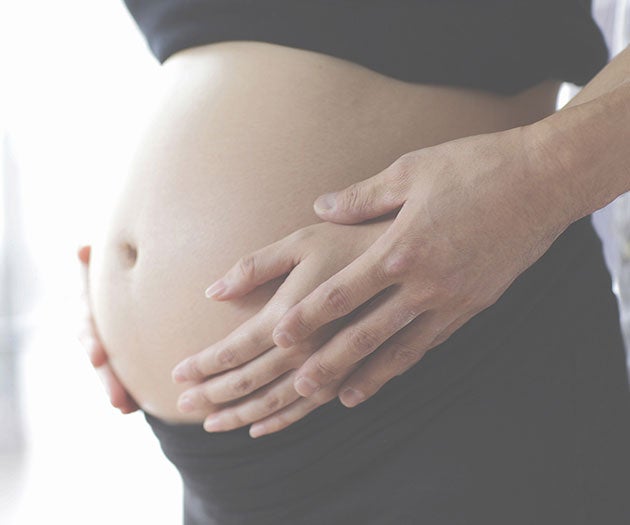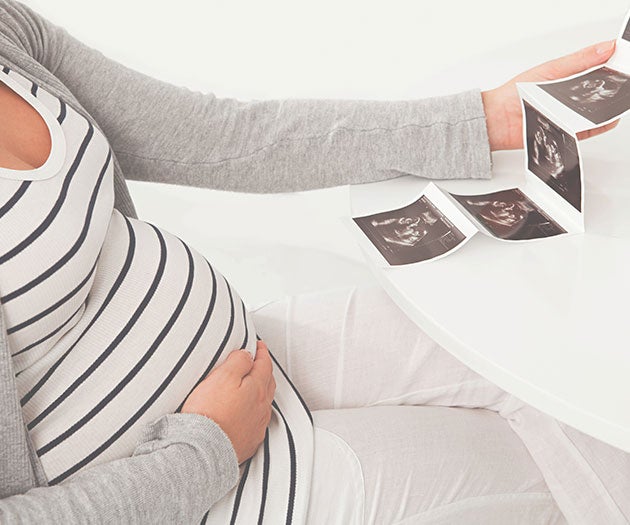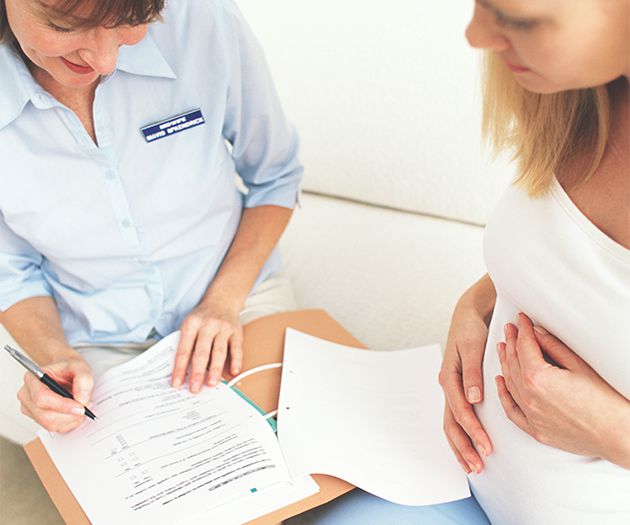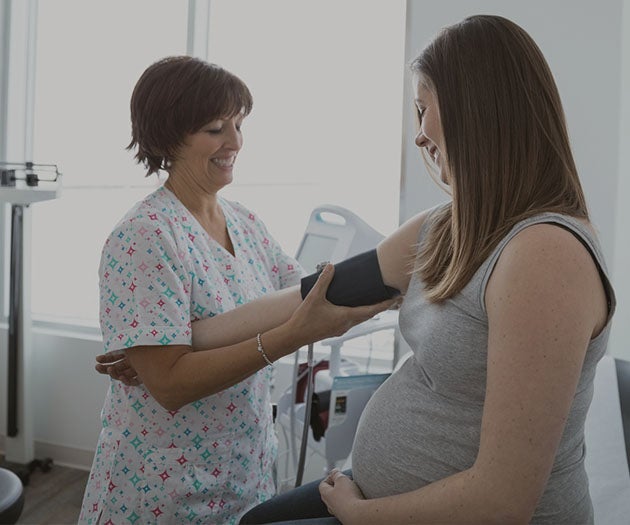Introduction
At 40 weeks pregnant there is no new development for your baby, they are ready to be born. Find out more on preparing for breastfeeding and meeting your little one. You may be getting a lot of practice contractions now and it can be hard to tell the difference, read our guide on Braxton Hicks. Read about skin-to-skin contact and information of what to expect at 40 weeks pregnant.
What happens at 40 weeks pregnant?
At this stage, there are no new developments. Your baby at 40 weeks is ready to be born and you’re both just waiting for the big day now.
One thing isn’t quite finished, however - but it’s totally by design. Baby’s two cranial bones haven’t fused together yet. This is so they can press together during birth to help baby squeeze through the birth canal. The gaps between the bones in your baby’s head will fully close within about 18 months. As engineering goes, it’s pretty impressive.
Don’t worry if your baby doesn’t make its appearance on the exact, calculated due date. It’s quite normal for babies (especially firstborns) to be overdue. However, if your labour hasn’t begun after the due date, your doctor or midwife will discuss with you the possibility of inducing the birth.
What happens to your body at 40 weeks pregnant?
This is the last official week of your pregnancy. Once baby is born you can finally put a name to a face. You’ll find carrying the baby outside the womb quite different especially since it’s no longer hands-free. Both your body and your days are about to get busy. Physically you will be gearing up for breastfeeding which gives the best possible start for your baby. Here’s a few things you can do to prepare for it.
Breastfeeding techniques. Read up on getting your baby to ‘latch on’ or suckle, and the best ways to hold your baby when breastfeeding. Here’s some handy advice on breastfeeding techniques.
Breastfeeding essentials. From nursing bras and support pillows, to breast pads, breast pumps and nipple cream, gather the things you’ll need so you’re ready to go as soon as baby is.
Breastfeeding diet. It’s important to continue eating well following the birth. As well as helping you recover, your diet needs to provide the nutrients both you and baby need while you’re breastfeeding, because, technically, you’re still ‘eating for two’ (well, one and a bit, really). Keep up your strength with these nutrition tips and advice.
If you choose not to breastfeed, remember that your body will automatically go through the process of preparing for it. So you may need a pack of breastpads for those first leaky days. Speak with your healthcare professional about how best to deal with the physical changes and effects you’re likely to experience.
Comfy clothes. While some mums’ bodies appear to snap back quickly, many women find they still have a bit of a soft bump for some time. So it’s nice to have some stretchy clothes ready to wear. It’s so much easier to adapt to your new role as mum when you’re comfortable. Remember, your body has just done something amazing, so don’t put pressure on yourself to achieve a certain look or weight. Your happiness and your baby’s healthy growth are the most important things.
What to eat at 40 weeks pregnant
As previously mentioned, a nutritious pregnancy diet will give your little one the healthiest start in life. That’s why you’ve been eating so well for the last nine months. But with your stomach so squashed in the last few weeks of pregnancy, it’s unlikely you’ll be able to handle a three-course meal in one sitting.
Instead, you can maintain your energy levels by eating little and often. Now’s the time to indulge yourself a bit and enjoy a few treats - you’ve earned it.
What are the symptoms of 40 weeks pregnant?
40 weeks pregnancy symptoms can include a lot of practice contractions or Braxton Hicks. You’ll feel your lower abdominal area tighten then relax. Usually, Braxton Hicks are irregular and don’t hurt, however some women find they feel like menstrual cramps and can be a bit uncomfortable.
You will be able to tell Braxton Hicks from the real thing as the contractions are irregular, vary in intensity but don’t get progressively stronger, are infrequent and may stop when you move or change position. True contractions come at regular intervals and get closer together over time, contractions get steadily more intense and don’t improve when you move. Read our article to find out more on the signs of labour.
First skin to skin contact with your baby
Depending on your personal birth plan, most midwives will lay your baby on your chest straight after birth. This is known as ‘skin to skin’ contact.
Feeling your warmth, smelling your skin, recognising your voice and hearing your heartbeat will help your new arrival feel comfortable and safe while they adjust to the world. And you won’t be able to keep your eyes (or hands) off this incredible little being you’ve just spent nine months making.
It’s also a great time to put your newborn to your breast to suckle for the first time. At this point, it’s more about bonding than feeding, so don’t worry too much about getting it right. Focus instead on holding your baby, stroking them and speaking to them and enjoying this very special moment. Allow yourself to enjoy the skin to skin contact with your baby – you’ve waited a whole 9 months for it! You may be surprised at how instinctively baby goes for the breast, this is called the ‘rooting reflex’.
We’re looking forward to joining you on the next part of this incredible journey. For any advice or tips, visit the ‘newborn’ section on our site or contact our Careline team.
We have put together a handy guide with 63 checklists through your parenting journey right up to toddlerhood. It really is the Mother of all Checklists. Join the SMA® Baby Club for your free guide.
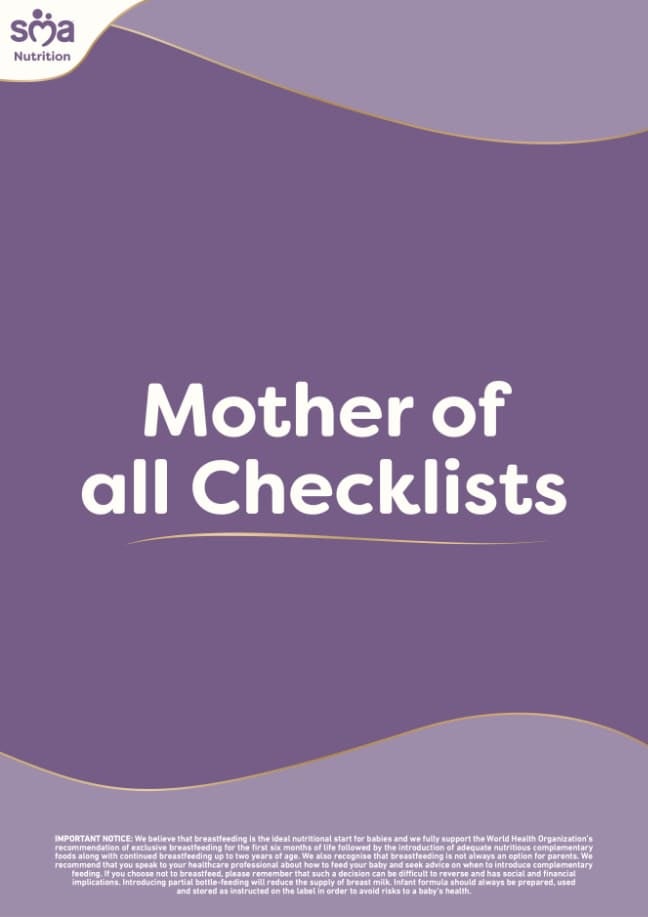
Join SMA® Baby Club to receive the Mother of all Checklists. With 63 checklists across your parenting journey from pregnancy through to toddlerhood we have you covered.



